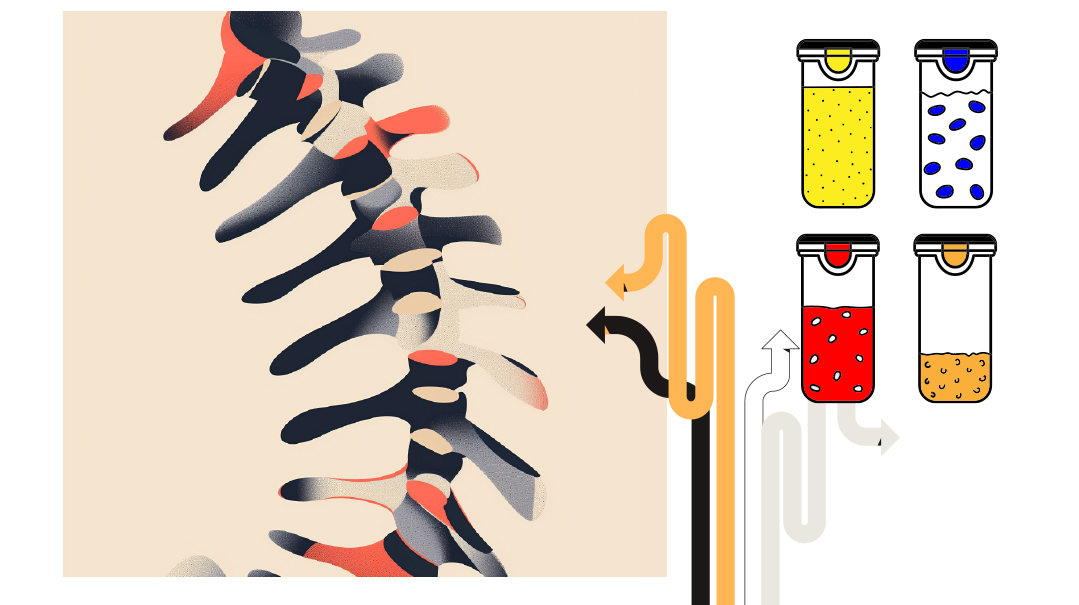Heal for Real
| September 19, 2023When a healing retreat harms

Heal for Real
Sarah Rivkah Kohn
The frum community has recently seen a surge in all sorts of healing getaways, weekends, weeklong programs, etc. These need to be approached with caution. While some of these programs are run by responsible individuals and facilitate genuine growth, others are simply excellent businesses preying on the vulnerable.
Here are some key things to assess:
1: Is the client in therapy? Most of the responsible retreats or centers will want to ensure that there is a therapist the client is actively working with and here is why: Imagine you want to demolish a house. First, you need to build many layers of protection so that the neighboring homes or passersby don’t get demolished or injured in the process.
In some of these retreats or centers there is a huge leap in the healing, and then the client goes back home… to life. If there is no plan for aftercare in the clinical sense, there is a huge risk that this type of healing will demolish relationships or damage others.
2: What is the process for follow-up? The success of some of these programs is in part the time alone, which allows the client to face parts of his/herself that he/she may not have touched before.
But what is the follow-up protocol like? Are there check-ins? What happens if the client avoids them? And most of all: Does the program clearly delineate what the follow-up protocol is? Some programs promise “lifelong” connection, but we all know that isn’t sustainable. Listen carefully to what is/isn’t being offered, and see if it feels right for you.
3: What state are you in? For the right candidates, a two- to seven- day program done well can be a phenomenal accelerator, allowing the client a chance to rest, reset, and get a bird's-eye objective view of his/her life with no distractions. It’s actually most effective for those in healthier spaces of their lives; they are often the ones who will rave about these programs as a fast track to healing.
On the other hand, those in a vulnerable, hurting state, who feel they are falling apart, are often unable to really tap into what the program offers, and follow-up care is nowhere close to enough for the needs of those clients, leading to many disappointments.
There is a fundamental difference between these short-term programs and longer-term rehab or recovery centers in which the client often arrives in a state in which one-on-one therapy will not be effective, and in cases of addiction, may not even fully be able to process what he/she stands to gain.
If a client goes into one of these short programs believing it will be a cure-all, he/she is bound to be disappointed. When I ask people why they want to go to one of these programs, and the response is, “I just need to get better,” or “Nothing works for me,” I start worrying.
In short: Ask yourself what you hope to gain, and let that (and trusted loved ones) guide your decision.
Sarah Rivkah Kohn is the founder and director of Zisel's Links and Shlomie’s Club, an organization servicing children and teens who lost a parent.
As Sick as Our Secrets
Shoshana Schwartz
DO you have a secret? Something that makes you quiver inside, that makes you tremble with fear lest someone find out?
Unlike private matters (information shared on a need-to-know basis due to privacy or dignity), a secret is something that makes you feel so inherently unworthy or unclean that you want to erase or obliterate it. Your burning shame makes you want to bury it under layers of thick protective padding, attempting to guarantee it’ll never see the light of day. Ever.
Then, if the shame isn’t enough, you also live with dread of being found out. You smile and pretend you don’t have this secret while desperately trying to minimize the gnawing fear that someone might learn the awful truth. You add more padding, more protective layers, with avoidance, half-truths, or even outright lies.
The padding doesn’t only protect the secret and the dreaded shame, though. It also nourishes it, allowing the shame to thrive, like black mold growing in the dark recesses of a dungeon.
Is there an alternative?
Instead of keeping the secret to yourself, allowing your shame to fester and grow, what if you found one person with whom you could share it? Just one safe person you could trust not to reveal your secret, and not to judge, blame, or use it against you. (If you can’t think of one person who feels safe, find a trusted professional. It’s a lot easier to share something embarrassing with someone who’s not a part of your day-to-day life.)
There’s an old saying from Alcoholics Anonymous: “We’re only as sick as our secrets.” Sharing what feels impossible to reveal is very liberating, as you learn that there’s nothing so shameful about you that you can’t share it with at least one person.
Shoshana Schwartz specializes in compulsive eating, codependency, and addictive behaviors.
Small Change Adds Up
Sara Eisemann
AS our minds turn toward teshuvah, we’d do well to remember the power of small changes over a long time. Or as Chazal tell us, “Prutos ketanos mitztarfos l’cheshbon gadol — small coins add up to a large sum.”
Saving $10 a week is $520 a year.
Learning a daf a day is the entire Shas in seven and a half years.
Walking one mile a day is 365 miles a year.
Five kapitlach of Tehillim a day is the entire sefer at the end of a month.
Small change quickly adds up. We can do so much even with so little, but we need to start. One step at a time.
Sara Eisemann, LMSW, ACSW, is a licensed therapist, Directed Dating coach and certified Core Mentor.
(Originally featured in Family First, Issue 861)
Oops! We could not locate your form.







